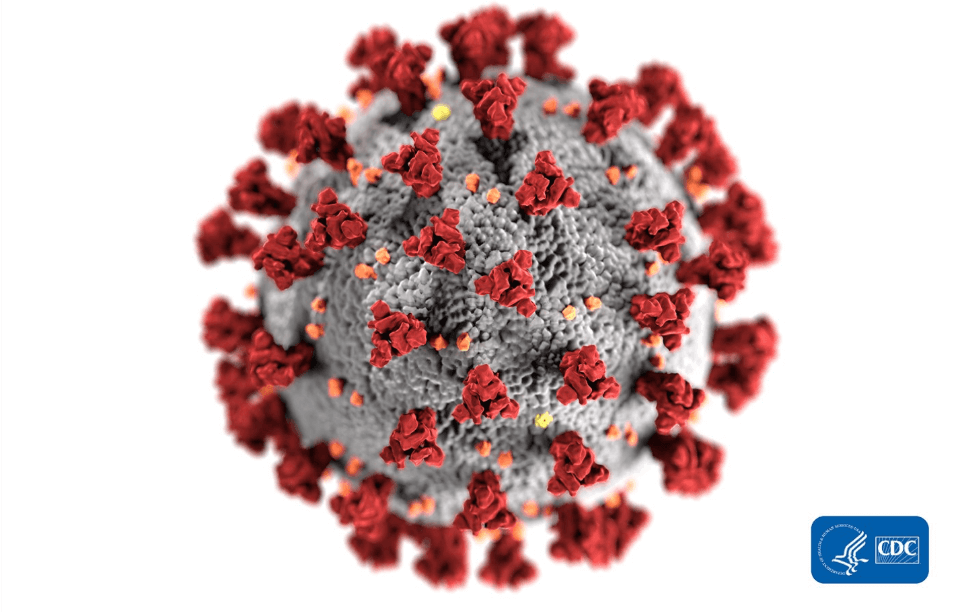COVID-19 and Animals

Acute respiratory syndrome coronavirus 2 (SARS-CoV-2) is commonly known as COVID-19. This coronavirus seems to have originated from animal sources. It is theorized that it originated in bats (Rhinolophus affinis) and/or Malayan pangolins (Manis javanica)1. Whatever its origin, this coronavirus mutated to be able to infect humans at a high rate and cause significant illness and death.
There have been sporadic reports of a few domestic animals and even a tiger at a New York zoo becoming infected with SARS-CoV-2. Despite these reports, there is little evidence that domestic animals can become reservoirs for COVID-19. The AVMA and CDC recommends that if you are not ill with COVID-19 to interact with your animals as you normally would. If you are infected with COVID-19, they suggest restricting contact with pets and other animals out of an abundance of caution.
Source:
1 Andersen, Kristian G., et al. "The proximal origin of SARS-CoV-2." Nature Medicine (2020): 1-3.
Frequently Asked Questions
Q: Can my pet get COVID-19?
A: While there have been a few reported cases of companion animals and a tiger contracting COVID-19, pets and common domestic animals have not been shown to be a reservoir for human infection or a component to the human transmission cycle.
Q: Will the corona respiratory vaccine used in animals work in people?
A: No! Animal vaccines cannot be used in people. They are labeled for animals and lack the proper testing and research to verify efficacy and safety in humans. COVID-19 is a novel coronavirus that has emerged. There is no evidence that human respiratory corona virus vaccines, approved for human use, have any cross protection.
Q: I've likely been exposed to animal corona virus while raising them. Will this protect me against COVID-19?
A: No. COVID-19 is a novel virus that the human immune system has not seen before.
Q: Does pasteurization kill the virus?
A: Yes—All dairy products are safe. However, raw dairy products have not been pasteurized.
Q: Is it safe to eat ice cream?
A: Yes. Articles stating something contrary are false.
Q: Can the lactoferrin in milk protect you from the virus?
A: No.
Resources
- CDC: Animals and Coronavirus Disease 2019 (COVID-19)
- AVMA: COVID-19 FAQs for Pet Owners
- CDC: How to Protect Yourself
- Alltech Information Sheets for dairy workers:

